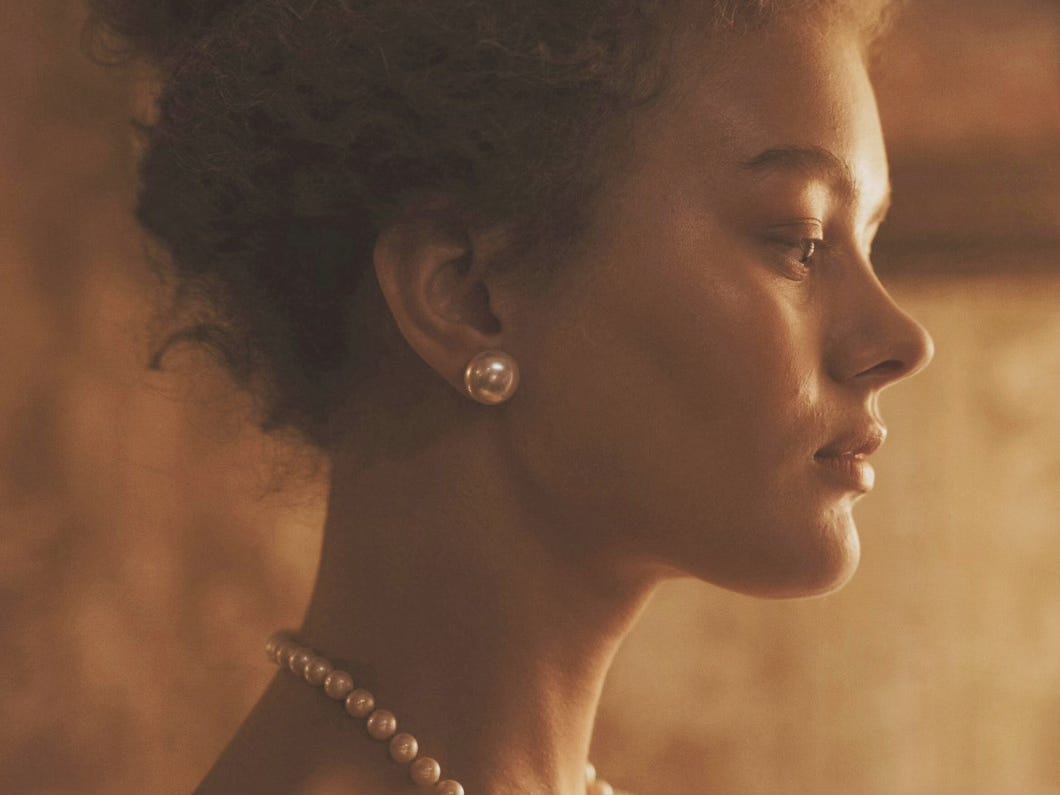James Did Daisy Wrong
The author distorts a decades old character after a disappointing trip home
When Henry James returned to the United States in 1904 after over twenty years abroad, he was shocked at the behavior of the young people in his native land. In The American Scene (1907), his account of his travels, he comments on these “freedoms,” observing two summer girls and a youth as “they shrieked” and “romped.” James concludes that “the immodesty was too colossal to be anything but innocence - yet the innocence, on the other hand, was too colossal to be anything but inane.” Silly these young people might be, but does this silliness speak to a lack of education in manners or a disregard for them altogether - perhaps brought about by knowledge meant (at least for a woman) for the marriage bed alone?
James remarks on all manner of American life that disappoints him upon his visit, but his criticism of the younger generation - beyond this one instance - stands out. When he returned to his 1879 novella, Daisy Miller, to revise for the New York Edition, his changes would be a product of James’ dislike of the young women he observed during his American travels, and he would heap his judgment upon Daisy Miller, using her as a scapegoat for his distaste.
I adore sight collating (without the use of programs - where’s the fun in that?) and found these differences between the 1879 edition and the 1907 New York Edition while immersing myself in the story. There are more differences than these, but these are what stood out. They specifically refer to Daisy, either her person or her behavior and manner of speaking.
See for yourself - James did Daisy wrong.
Daisy’s grammar and enunciation are informal (in a way that feels lazy or uneducated) in the later edition. Where she says he doesn’t in the original, she says he don’t and uses t’ instead of to. She is objectified in the later edition, referred to as a flower and a creature in place of a young lady. For James, she has become more of a type, a doll, a figure for him to cast his aspersions upon, and while she was originally modeled after a girl a friend told him about not long before he set Daisy to paper, in the later edition she has lost her girlish innocence and is merely an example of his disappointment in American youth. She is no longer pensive, no longer delicate, and no longer singular.
And as much as I adore James, this makes me both angry with him and sad.
What do you think about the changes he made to Daisy’s character?
Daisy’s mother is knocked about as well, but that’s beside the point. Or maybe it isn’t. James was disgusted with Americans in general, and while he was specifically annoyed with the younger generation, he did blame the mamas for not educating their daughters in proper old-fashioned behavior. Mrs. Miller is sillier and stupider in the later edition. Said becomes amiably whined, for example. She’s annoying in both editions, regardless.
Critic Leslie Fielder, discussing Daisy Miller in Love and Death in the American Novel, claims that “the American Girl is innocent by definition, mythically innocent - her purity depends upon nothing she says or does.” James might disagree, but only after his homecoming. In a 1880 letter to novelist Mrs. Linton, he insists that “Poor little Daisy Miller was, as I understand her, above all things innocent.” Perhaps I should have led with this.
A middle aged author declining in popularity. An up and coming literary agent with an eye for genius. A partnership that would forge a prodigious legacy in American literature. Read An Eye for Genius today.
I don’t drink coffee anymore but I adore matcha. You can buy me one or just click over and take a look at some random photos and snag a free black cat lined notebook page PDF to print or use with any PDF annotation app.






The 1974 film version by Bogdanovitch was interesting, but casting his muse, Cybill Shepard, as Daisy, kinda killed it for me. Let's remake it with, say, Ana Taylor-Joy...?